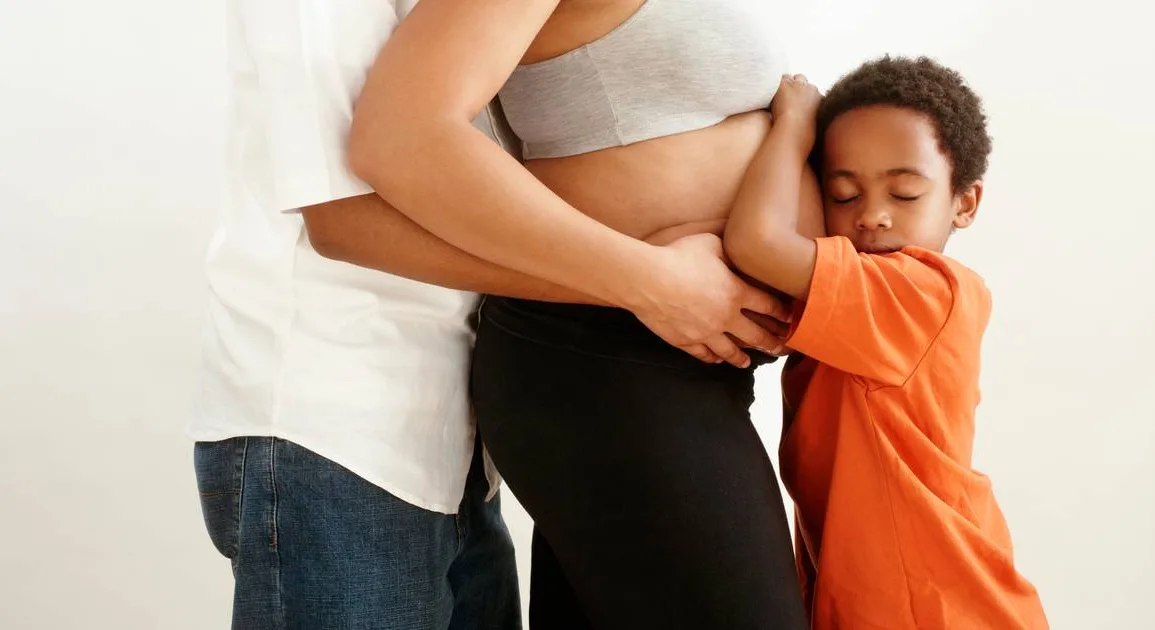A report delivered to the U.N. General Assembly on Monday (Oct. 30) by the Permanent Forum on People of African Descent said people of African descent around the world are “victims of systemic discrimination and racialized attacks” and called for reparations, The Associated Press reports.
In this first report since forming in 2021, the forum explained that reparations would amend for generations of injustices and are “a cornerstone of justice in the 21st century.”
The forum’s report recommends that all 193 U.N. member nations “educate themselves and the public on the histories and legacies of colonialism and enslavement.” It supports drafting a U.N. declaration on the promotion, protection and respect for the human rights of people of African descent.
People of African descent continue to suffer from the legacies of enslavement, colonialism and apartheid, the forum’s chair, Epsy Campbell Barr, told reporters Tuesday (Oct. 31) at a news conference.
Consequently, they “are more exposed to violence and death as a result of encounters with law enforcement officials,” Campbell Barr stated. “It also makes them more exposed to health disparities” from “the profound impact that racism and racial discrimination have on both physical and mental health.”
The U.N. report comes on the heels of a study released on Oct. 25 that found an increased level of racism against Black people across the European Union.
The E.U.’s Agency for Fundamental Rights commissioned the survey of 6,752 people of sub-Saharan African descent living in 13 E.U. countries. Forty-five percent of them said they experienced racial discrimination – a 6 percent increase from 2016.
Calls for reparations have gained momentum in countries throughout the African Diaspora. Several former British Caribbean colonies announced plans in September to send letters to the British royal family, the Church of England and Lloyd’s of London to demand reparations and an official apology for their role in the slave trade.
In the United States, the movement for reparations has stalled at the federal level as California leads the way among states. Gov. Gavin Newsom signed legislation in 2020 to create the nine-member California Reparations Task Force that sent its final report to Newsom and the state legislature in June.
In American cities, reparations is gaining traction: In 2019, Evanston, Ill., a Chicago suburb, became the first city to pass a reparations resolution for qualified Black residents.


